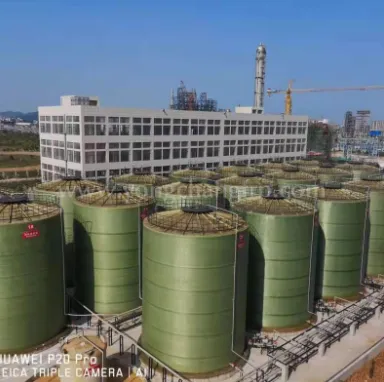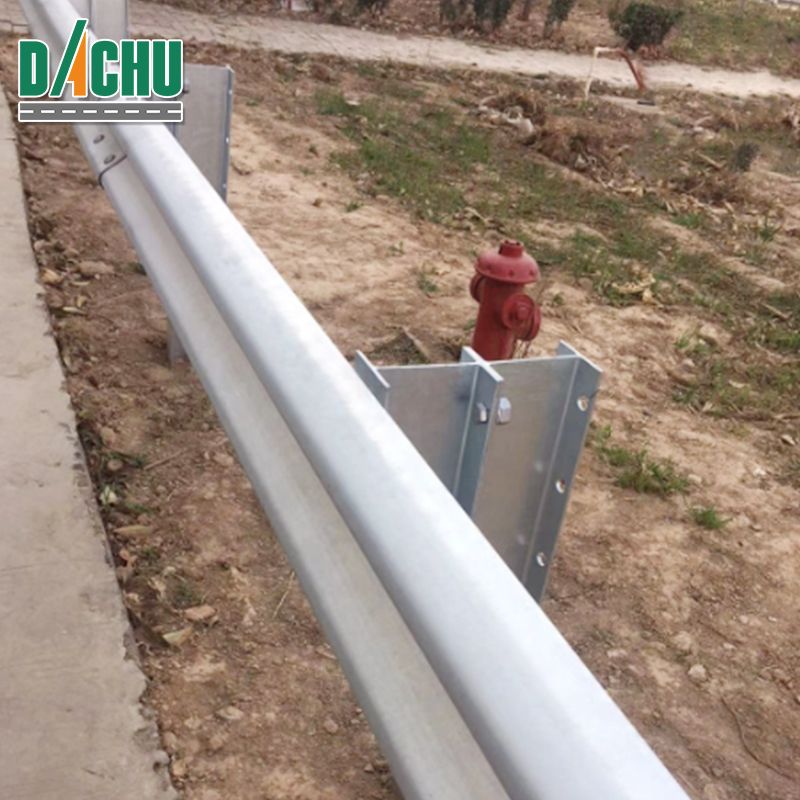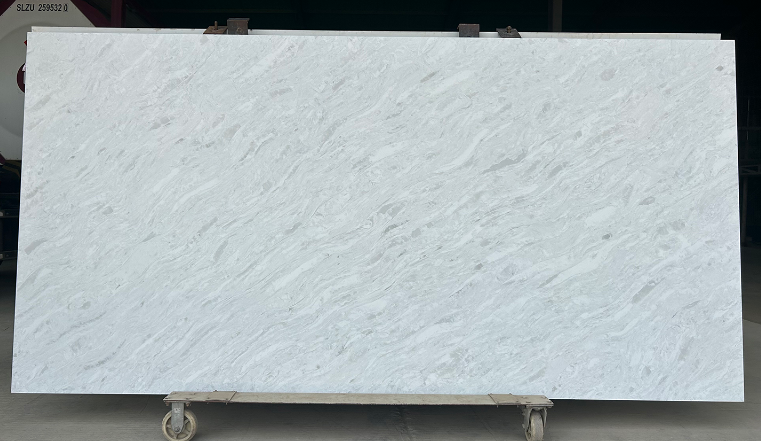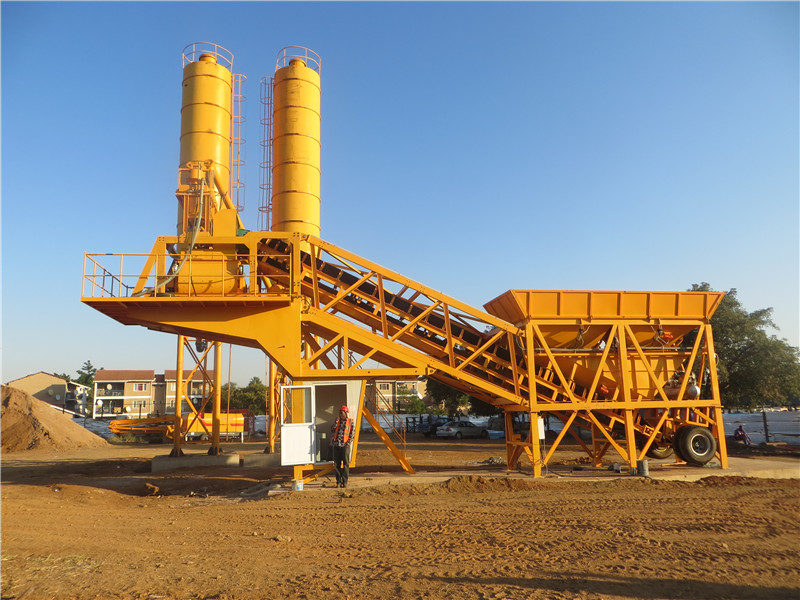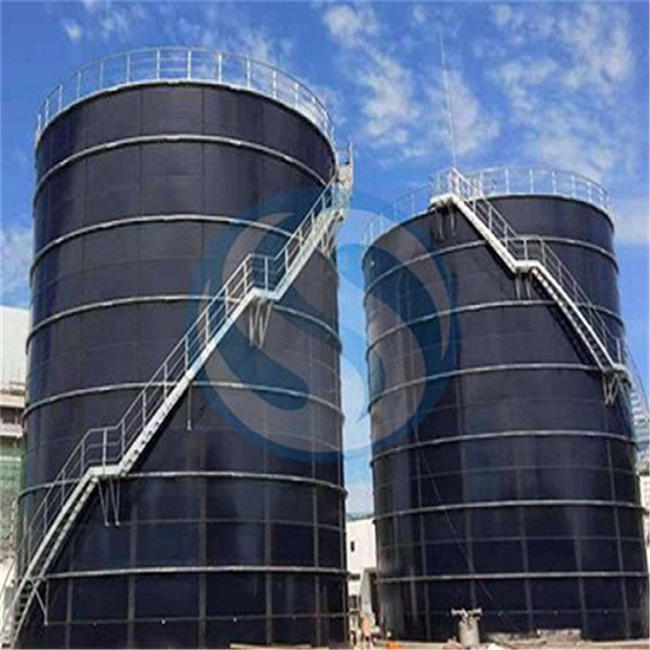What kind of tape do you use to wrap pipes?
When it comes to plumbing systems, ensuring proper insulation and protection for pipes is crucial. One effective method to achieve this is by using tape to wrap the pipes. However, with various types of tape available on the market, it's essential to understand which one is suitable for pipe wrapping. In this comprehensive guide, we will explore different types of tape and provide insights into choosing the right tape for your specific pipe wrapping needs.
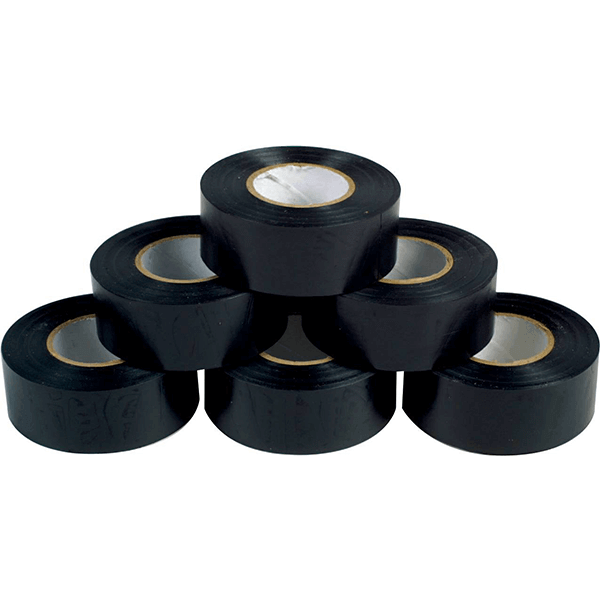
1. PVC Insulation Tape
PVC insulation tape is a popular choice for wrapping pipes, especially in electrical applications. It offers excellent insulation properties and effectively prevents condensation, which can lead to corrosion and pipe damage. PVC insulation tape is durable, flexible, and resistant to moisture, making it an ideal option for pipe insulation.
2. Fiberglass Tape
Fiberglass tape is another commonly used tape for pipe wrapping. It is made of woven fiberglass material coated with a layer of adhesive. This tape provides high-temperature resistance and exceptional strength. Fiberglass tape is particularly suitable for insulating pipes that are exposed to extreme heat or harsh conditions.
3. Aluminum Foil Tape
Aluminum foil tape is known for its excellent heat reflection and insulation properties. It consists of a thin layer of aluminum foil backed with adhesive. This tape is ideal for wrapping pipes that require thermal insulation, such as HVAC systems or steam pipes. Aluminum foil tape is also resistant to moisture, making it suitable for outdoor applications.
4. Rubberized Tape
Rubberized tape, also known as self-amalgamating tape, is a versatile option for pipe wrapping. It is made of a special type of rubber that fuses together when stretched and overlapped, creating a tight, seamless seal. Rubberized tape is highly flexible, providing a reliable barrier against moisture and preventing leaks. It is commonly used in plumbing applications and is effective for repairing small cracks or leaks in pipes.
5. Teflon Tape
Teflon tape, also referred to as plumber's tape, is a non-adhesive tape used primarily for sealing pipe threads. It is made of polytetrafluoroethylene (PTFE), a high-performance material known for its non-stick properties. Teflon tape helps create a watertight seal between threaded pipe fittings, preventing leaks. While it is not designed for insulation purposes, it is an essential tool in the plumbing industry.
Additional reading:Advantages and Applications of Electric Fences
What is the difference between ceramic mosaic and glass mosaic?
Redispersible Polymer Powder: The Secret Ingredient in Durable Construction Materials
What are the uses of prestressed steel strands and how to use them correctly
What are the pros and cons of living in a shipping container house?
Understanding the Versatile Step-In Post: A Practical Guide
What types of designs and subjects can marble statues depict?
6. Butyl Rubber Tape
Butyl rubber tape is a highly adhesive and flexible tape commonly used for sealing and waterproofing applications. It is composed of a synthetic rubber adhesive layer that bonds strongly to various surfaces, including pipes. Butyl rubber tape provides excellent resistance against moisture, UV rays, and extreme temperatures. It is often used in outdoor pipe wrapping to protect against corrosion and water damage.
7. Silicone Tape
Silicone tape is a self-fusing, stretchable tape that bonds to itself, creating a strong seal without the need for adhesive. It is made of silicone rubber, which provides resistance to heat, moisture, and chemicals. Silicone tape is suitable for a wide range of pipe wrapping applications, including plumbing, electrical, and automotive uses. It offers reliable insulation and protection for pipes in diverse environments.
8. Acrylic Foam Tape
Acrylic foam tape is a high-strength, double-sided adhesive tape used for various bonding and sealing purposes. While it is not specifically designed for pipe wrapping, it can be effective in certain situations. Acrylic foam tape provides a strong bond between pipes and other surfaces, ensuring a secure and long-lasting connection. It is commonly used in industrial settings and offers good resistance to temperature changes and UV exposure.
9. High-Temperature Tape
High-temperature tape, as the name suggests, is designed to withstand extreme heat conditions. It is often used in industrial applications where pipes are exposed to intense heat, such as furnaces or exhaust systems. High-temperature tape is made of heat-resistant materials like fiberglass, ceramic, or aluminum. It provides insulation and protection against heat-related damage, ensuring the longevity of pipes in high-temperature environments.
10. Conclusion
Choosing the right tape for wrapping pipes is essential to maintain their integrity and protect them from various environmental factors. The selection of tape depends on the specific requirements of your application, including insulation needs, temperature conditions, and the presence of moisture. PVC insulation tape, fiberglass tape, aluminum foil tape, rubberized tape, Teflon tape, butyl rubber tape, silicone tape, acrylic foam tape, and high-temperature tape are among the popular options available. By understanding the characteristics and benefits of each type, you can make an informed decision and ensure the longevity and efficiency of your pipe system.
Remember, proper installation techniques and following manufacturer guidelines are crucial for obtaining the desired results. If you are unsure about the best tape for your pipe wrapping needs, consult with a professional plumber or seek expert advice.
Additional reading:What Are the Benefits of Building Shopping Mall Skylight?
5 Benefits of Installing a Glass Curtain Wall
How to deepen the design of truss buildings?
Mosaic tile matching skills and advantages
How to correctly install aluminum alloy sliding windows?
Quelle est la durée de conservation du câble métallique en acier ?
Wie wähle ich einen Spanngurt mit Ratsche aus?



